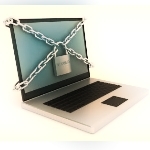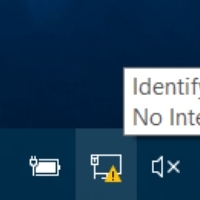10 basic tips to help Windows users enhance internet security.–PC Pitstop.
10 Simple Internet Security Tips
by The Windows Club
Every day new and newer threats appear on the Internet. While earlier, one had to only worry about virus infections – many a times harmless pranks, we now have to face a whole new bunch of issues like Browser Hijackers, Rogue Software, Botnets, Ransomware, Phishing, Identity Thefts, Tabnabbing, and other forms of malware. While Windows 8 / 7 is secure and when fortified by a good security software to protect it, chances of being infected are near-nil – nowadays, in many cases, user intervention is asked for and we inadvertently end up clicking a ‘Yes’, resulting in a malware infection. This article on Internet Security, offers some basic tips for Windows user, some precautions they should take, in order to stay safe online.
1] First and foremost, always use a reputed and known security software and firewall and don’t fall for fake security solutions. Use a good anti-virus software, or better still an Internet Security Suite. Always also make sure that all your installed software are up to date especially your operating system, security software and browser. Also use some good free VPN software, if you canYou might want to also read this post on how to secure Windows PC.
2] Always use caution while giving out your email IDs to other sites (or people). These sites could spam you or even sell the email list to third party, which can spam you. Always read their privacy statement first. If you can’t find one, then that’s another reason not to give them your email address.
3] Use strong passwords. Don’t use your name or simply the word ‘password’ or something that people can easily guess such as your date of birth. Hackers now use a method called social engineering which basically means that they stalk a user online by using Facebook, etc. to find important details about them and try to figure out the password using those details. The best method is to use a non-dictionary word that is a combination of upper case and lower case letters with digits. Do not use the same password for all of your accounts. Otherwise if a hacker is able to guess the password of one of your accounts, the rest of your accounts will also be compromised.



